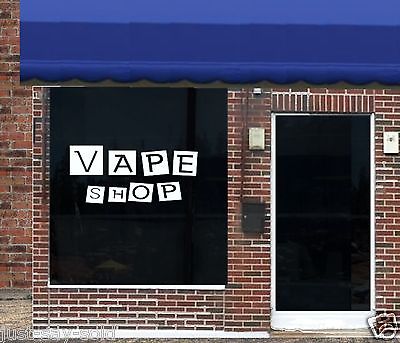
03 Sep Nation’s Largest Tobacco Company Fighting New FDA Vape Rules
Washington – The York Times reported Friday that the Altria Group and other e-cigarette and cigar companies have enlisted high-profile lobbyists and influential congressional allies in an attempt to stop the Food and Drug Administration from retroactively examining their products for public health risks or banning them from the market.
Despite the FDA acknowledging that vaping is better than smoking, the administration worries that some ingredients in the juice are still harmful themselves and that vaping can lead to more teenage smokers.
The campaign targets a broad new rule that extends F.D.A. jurisdiction to include cigars, e-cigarettes and pipe and hookah tobacco.
The bipartisan effort has featured a former senator who did not register as a lobbyist before going to work for the cigar companies and a former Obama administration official, now a private consultant, who is trying to undo his earlier work reviewing the rule. In addition, one member of Congress introduced industry-written legislation without changing a word of it.
The battle shows how, nearly two decades after the $200 billion settlement between tobacco companies and state attorneys general to compensate the public for health consequences of smoking, the industry still wields extraordinary clout in Washington.
With its army of more than 75 lobbyists, tobacco-aligned companies have argued that the F.D.A.’s so-called Deeming Rule could hurt public health by forcing a large share of e-cigarette companies out of business.
“The F.D.A. has blatantly ignored evidence that our products improve people’s lives,” said Christian Berkey, chief executive of Johnson Creek Enterprises, one of the first companies to sell the e-liquid ingredient used in e-cigarettes and vaping products.
F.D.A. officials acknowledge that e-cigarettes, made out of tobacco-derived nicotine, are potentially less harmful than cigarettes. But they insist they must examine whether the electronic cigarettes or the liquid nicotine juices might contain toxic chemicals like diethylene glycol, an ingredient also used in antifreeze, or candy-like flavors contributing to the surge in the numbers of teenagers using e-cigarettes. They also want to examine the safety of the e-cig devices themselves after reports of battery-related burns.
“In the absence of science-based regulation of all tobacco products, the marketplace has been the wild, wild West,” said Mitch Zeller, the director of the F.D.A.’s Center for Tobacco Products, which is in charge of enforcing the new rule. “Companies were free to introduce any product they wanted, make any claim they wanted, and that is how we wound up with a 900 percent increase in high schoolers using e-cigarettes and as well as all these reports of exploding e-cigarette batteries and products that have caused burns and fires and disfigurement.”
The lobbying effort has been led by the Altria Group, the nation’s largest tobacco company, which has a growing e-cigarette unit.
Documents obtained by The New York Times show that Altria last year distributed draft legislation on Capitol Hill that would eliminate the new requirement that most e-cigarettes already on sale in the United States be evaluated retroactively to determine if they are “appropriate for the protection of public health.”
The proposal was endorsed by the R.J. Reynolds Tobacco Company, which has its own e-cigarette unit, as well as the National Tobacco Company, a major seller of loose tobacco, and trade associations representing the cigar industry and convenience stores, the documents show.
Altria delivered its proposal, entitled “F.D.A. Deeming Clarification Act of 2015,” to Representative Tom Cole of Oklahoma in April 2015, the documents show, even before the F.D.A. rule became final.
Read more at nytimes.com.


No Comments